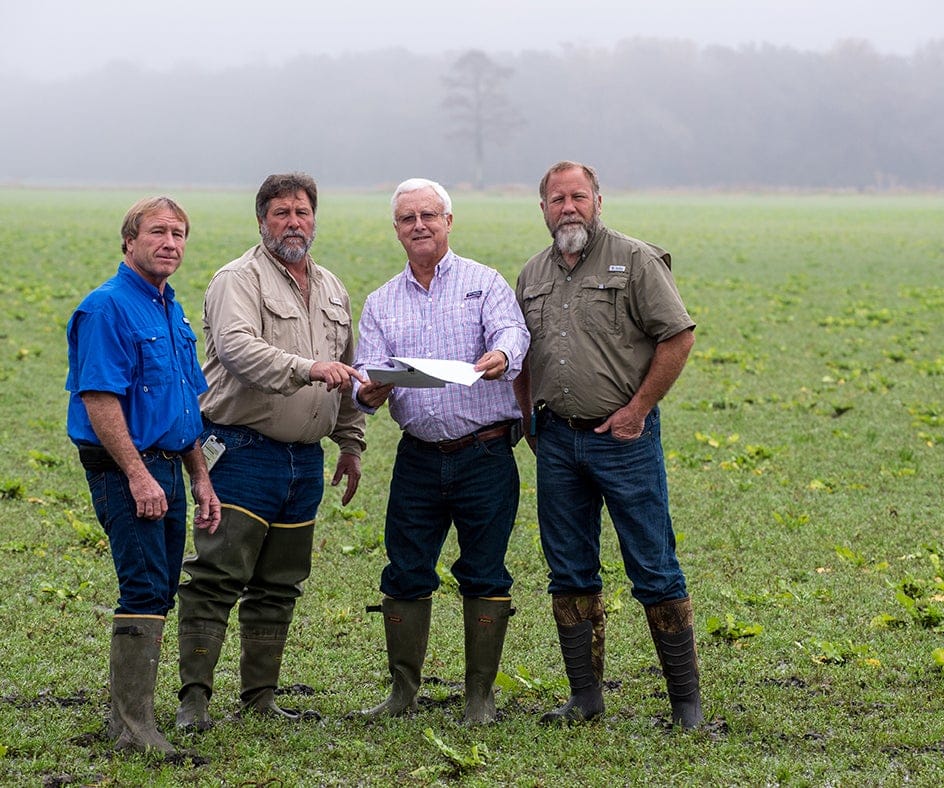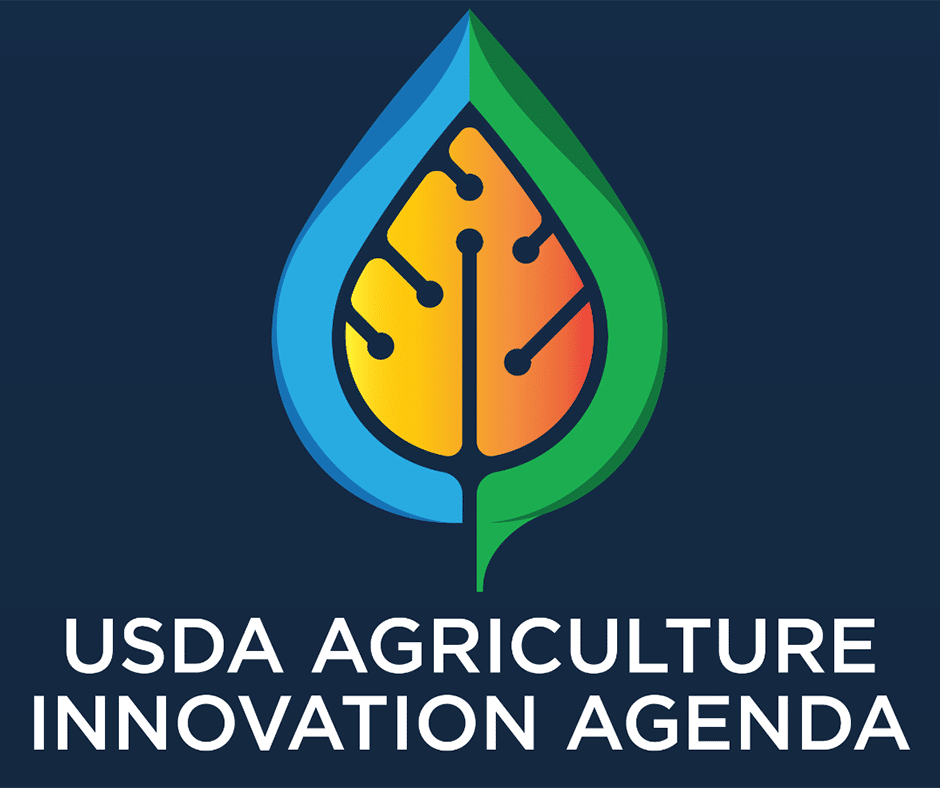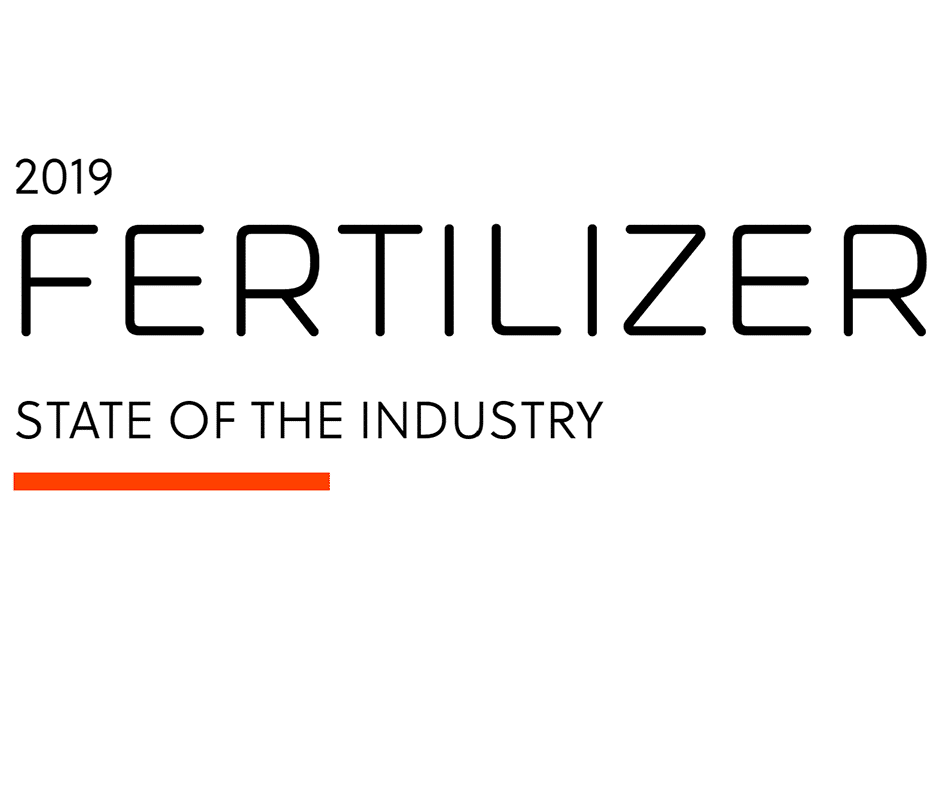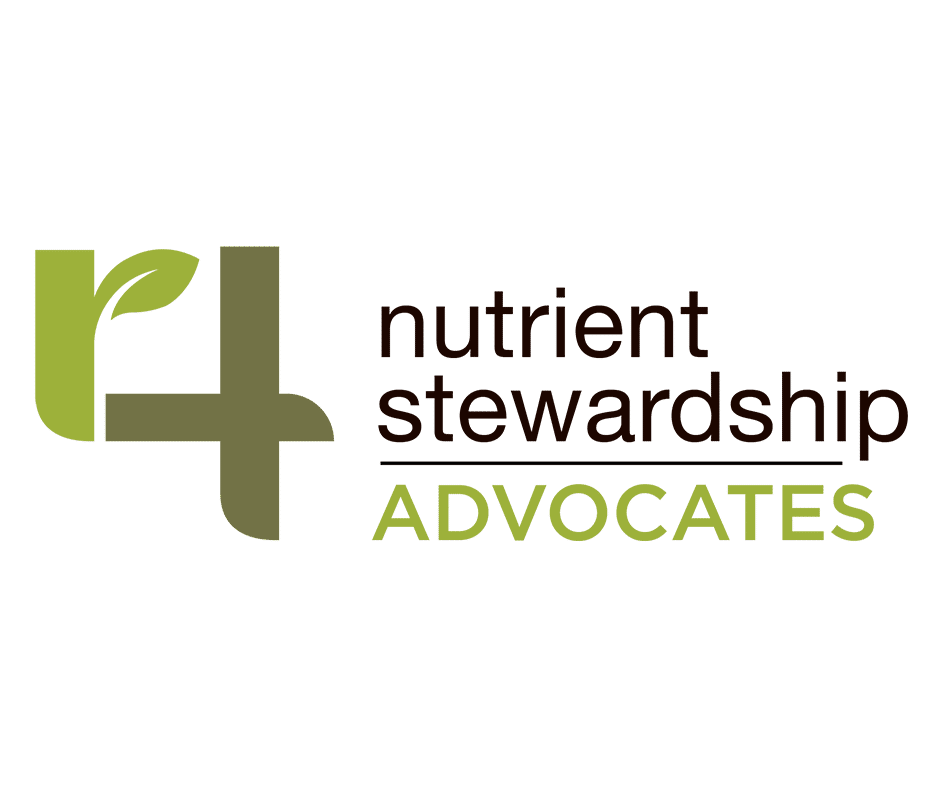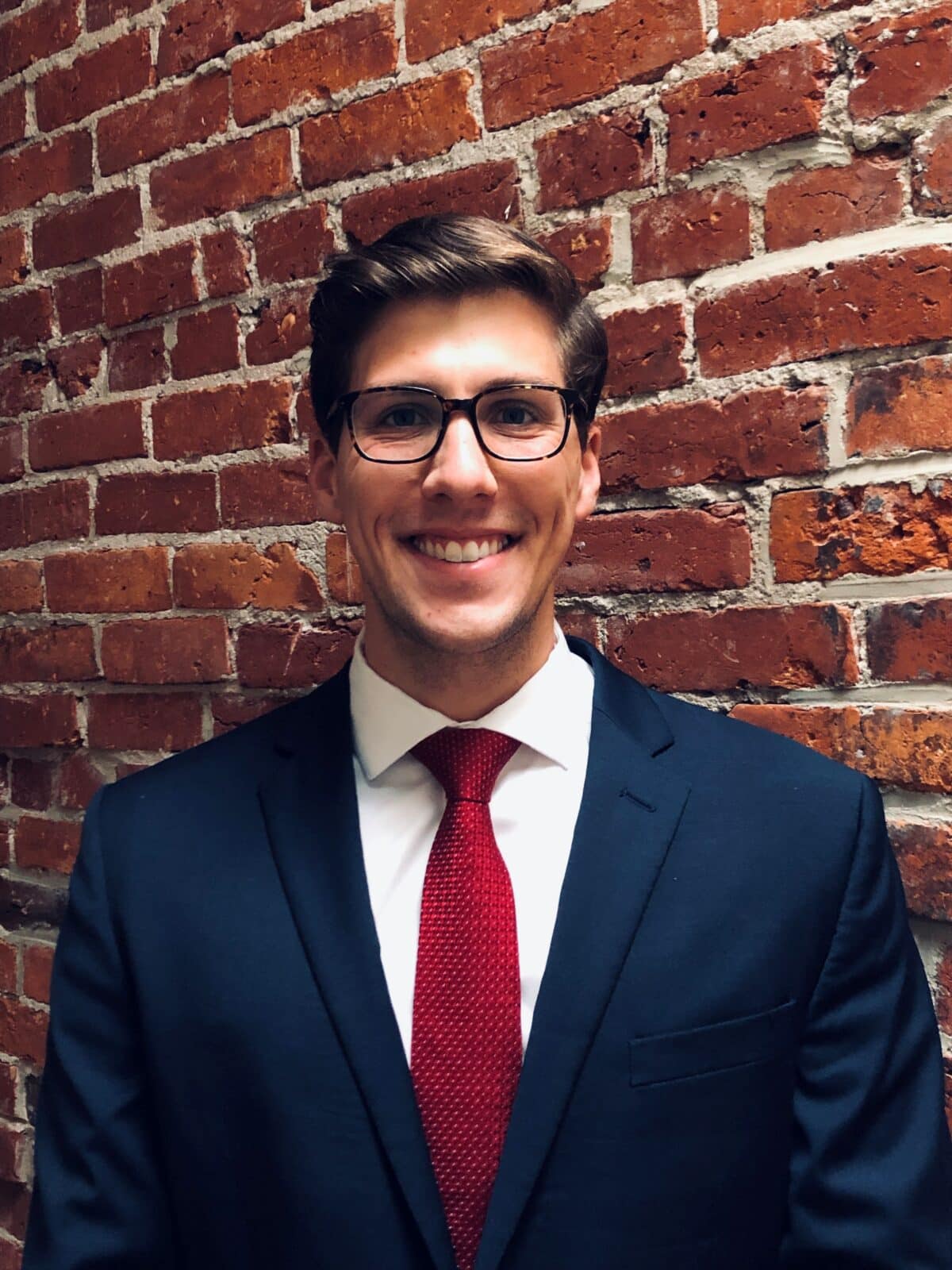COVID-19 News: Fertilizer Industry Steps Forward

No matter where you live, there’s a good chance someone in your community is hungry. According to USDA, in 2019, more than 37 million people in the United States struggled with hunger. Now, with the Coronavirus outbreak, the number of people struggling to find adequate food is growing exponentially. In recent weeks, many food banks are reporting as much as a 50 percent uptick in demand. Many fertilizer industry leaders in TFI’s membership are stepping up to the plate to help.
Mosaic: Better than a Hat Trick
The Mosaic Company recently announced that it is partnering with the Tampa Bay Lightning NHL hockey team, to donate $200,000 to Feeding Tampa Bay, which distributes food to pantries and similar services for 600,000 people in the region. It’s the latest example on a growing list of ways the company continues to support local communities during these challenging times. Prior to the NHL’s pause on the regular season, Mosaic had planned to donate $70,000. For every goal scored by a Lightning player at home, Mosaic pledged $500 and $5,000 for every Bolts hat trick on home ice. But, as the company says, “unprecedented times call for unprecedented measures,” and Mosaic’s leadership decided to more than double the donation amount to $200,000.
“Mosaic’s mission is to help the world grow the food it needs,” said President and CEO Joc O’Rourke. “At this time of critical need, we are pleased to support the many vital community food organizations associated with the Goals for Food program. We look forward to continuing our partnership with the Lightning in the years ahead.”
CHS, Inc.: Matching Employee Generosity
CHS, Inc., another industry leader, has committed $125,000 to the Greater Twin Cities United Way, local social service agencies and Feeding America to assist with COVID-19 response efforts. Donations will provide immediate support to those most vulnerable to the economic and health-related issues caused by COVID-19. CHS has committed a dollar-for-dollar match to employee and community contributions to the Greater Twin Cities United Way COVID-19 Response and Recovery Fund, up to $75,000. One hundred percent of the donations will go directly into the community to address critical community needs including food, shelter, childcare, sanitation and hygiene supplies for approximately 75,000 people across the region. CHS has also donated a total of $25,000 to support Neighbors, Inc. and The Open Door to ensure food is available for those in need living near our corporate office, and has pledged $25,000 to Feeding America. The Feeding America network of food banks secures and distributes 4.3 billion meals each year through food pantries and meal programs, including thousands of rural communities where CHS plays a vital role.
Stay tuned for more news on our members’ commitment to employees and neighbors. We could all use a little more good news at this time, so please share yours with us so that we can include you in upcoming blog posts about ways the industry is extending kindness to those in need.
